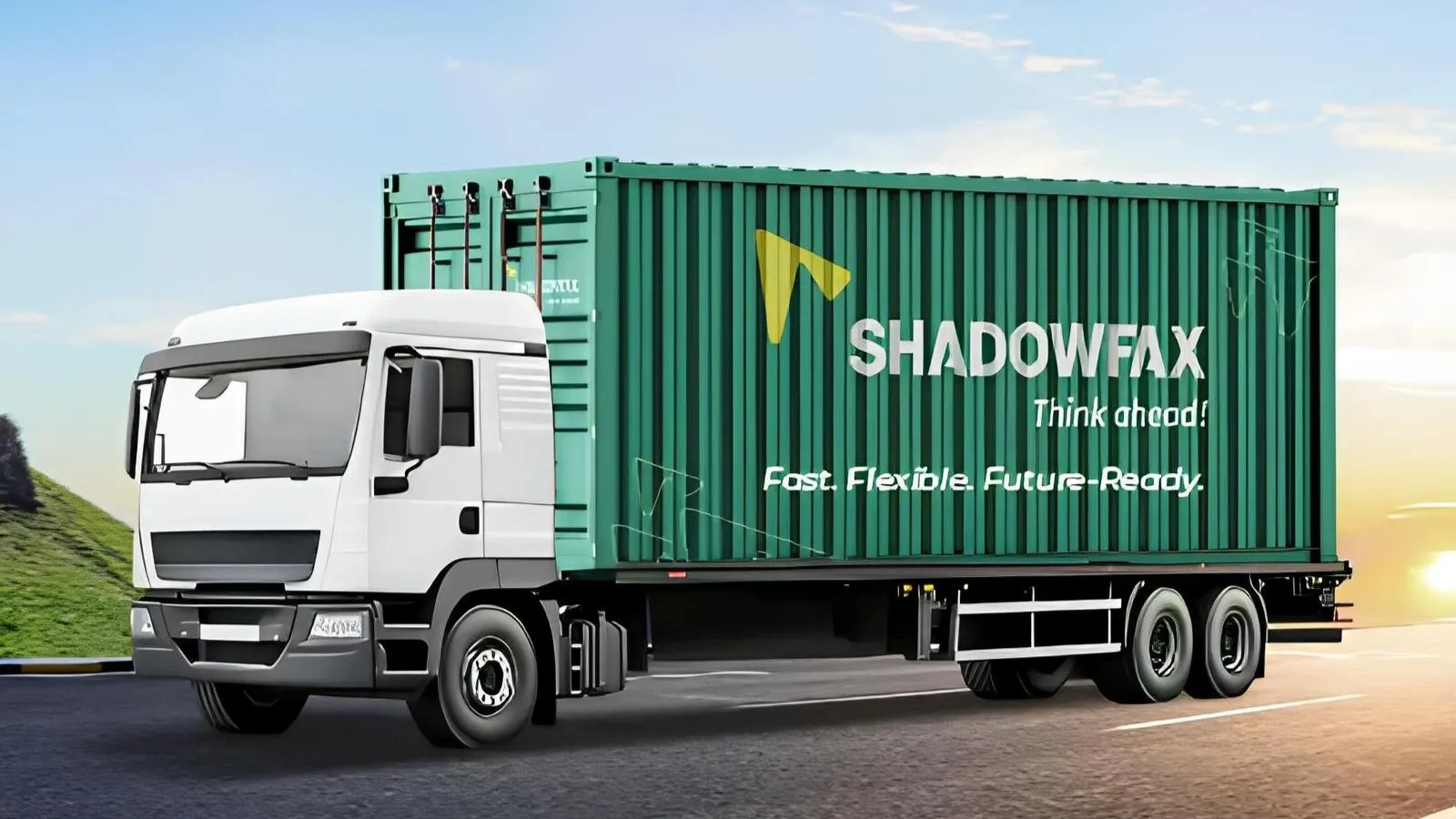Market News
Maruti Suzuki market cap tops ₹5.15 lakh crore, surpassing Volkswagen, Ford, GM; here is why Maruti shares are rallying
.jpeg)
3 min read | Updated on September 26, 2025, 13:40 IST
SUMMARY
With today’s surge in market capitalisation, Maruti Suzuki has surpassed $58 billion (₹5.15 lakh crore). The auto giant has overtaken global auto heavyweights such as Ford at $46.35 billion, General Motors at $57.69 billion and Volkswagen at $54.55 billion in valuation.
Stock list

Maruti Suzuki surged nearly 9% on August 18, marking its best single day move in over five years. Image: Shutterstock
Maruti Suzuki, India's largest car maker, has achieved a rare feat in the global automobile market. The company's market capitalisation surpassed global giants like Ford, General Motors (GM) and Volkswagen (VW).
Maruti Suzuki's market valuation crossed ₹5.15 lakh crore ($58 billion) mark for the first time.
With today’s surge in market capitalisation, Maruti Suzuki has overtaken global auto heavyweights such as Ford at $46.35 billion, GM at $57.69 billion and VW at $54.55 billion in valuation.
Shares of Maruti Suzuki have been on an upswing ever since Prime Minister Narendra Modi, in his Independence Day speech, announced sweeping reforms to the Goods and Services Tax (GST) regime. Following PM Modi's announcement, Maruti Suzuki surged nearly 9% on August 18, marking its best single-day move in over five years (since March 25, 2020), data from stock exchanges showed.
The magnitude of the climb in Maruti Suzuki shares has been such that in the last 29 trading sessions, since August 18, the stock has closed higher on 22 days, registering a negative close only on seven sessions. During the last 29 sessions, Maruti Suzuki shares have jumped 27% and the stock is up nearly 11% from September 3 when the revised GST slabs were implemented by the government.
Why is Maruti Suzuki accelerating to new highs?
Shares of Maruti Suzuki have been attracting robust investor interest, with the stock emerging as one of the standout beneficiaries of the government’s recent overhaul of the GST on automobiles. The sharp reduction in GST on cars equipped with engines of up to 1,200 cc—from the earlier 28% slab to just 18% under the new regime—has given the company a significant edge.
Maruti Suzuki boasts one of the most extensive and diverse portfolios in the sub-1,200 cc segment, spanning popular hatchbacks, compact SUVs and entry-level sedans that dominate India’s passenger car market.
This positioning ensures that the company captures the lion’s share of the demand surge triggered by lower prices, making it the single-largest beneficiary of the tax reform, analysts said.
Meanwhile, analysts added that with reduction in the GST, Maruti Suzuki is likely to overcome concerns regarding slowing sales of entry-level cars, which had become a pain point for the company.
Meanwhile, Maruti was quick to announce that it would pass on the entire benefit of GST cut to customers, a move that significantly narrowed price gaps between entry-level and premium variants.
Maruti Suzuki's entry level cars like S-Presso, Alto K10, Celerio, WagonR and Ignis have seen price cuts in the range of ₹71,300–₹1,29,600.
Festive boost adds momentum
The GST relief has coincided with the festive season, which traditionally provides a boost to auto sales. Since the beginning of Navratri, Maruti has already clocked retail sales of 75,000 units, with some compact-car variants now heading towards waiting periods. Daily inquiries have nearly doubled to 80,000, while bookings are averaging at 18,000 per day, news agency PTI reported earlier this week citing Partho Banerjee, Senior Executive Officer (Marketing & Sales) at Maruti Suzuki.
This surge in demand is strengthening investor confidence that the company will deliver strong volume growth in FY26, setting the stage for sustained earnings expansion.
About The Author
Next Story


